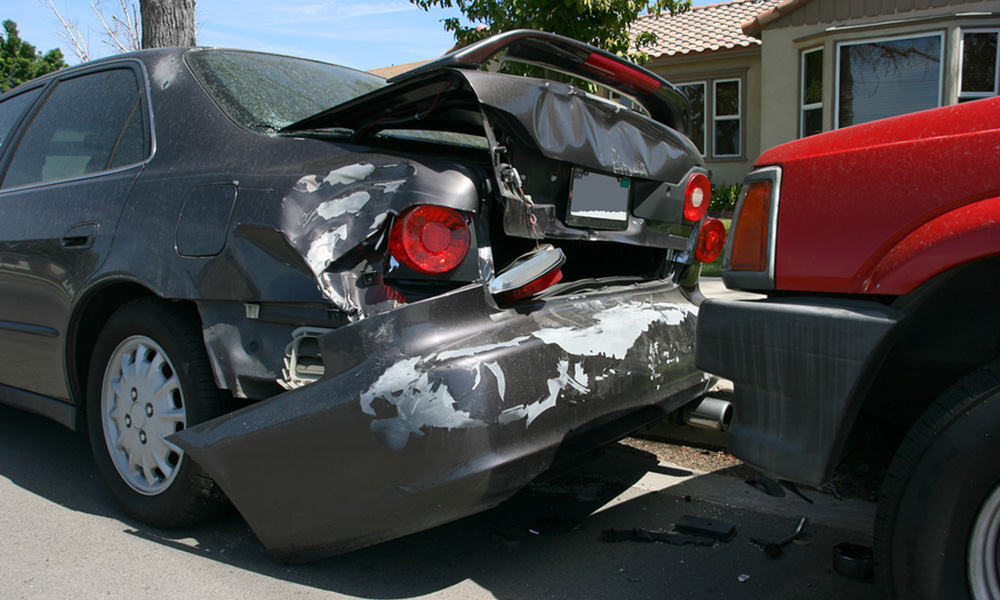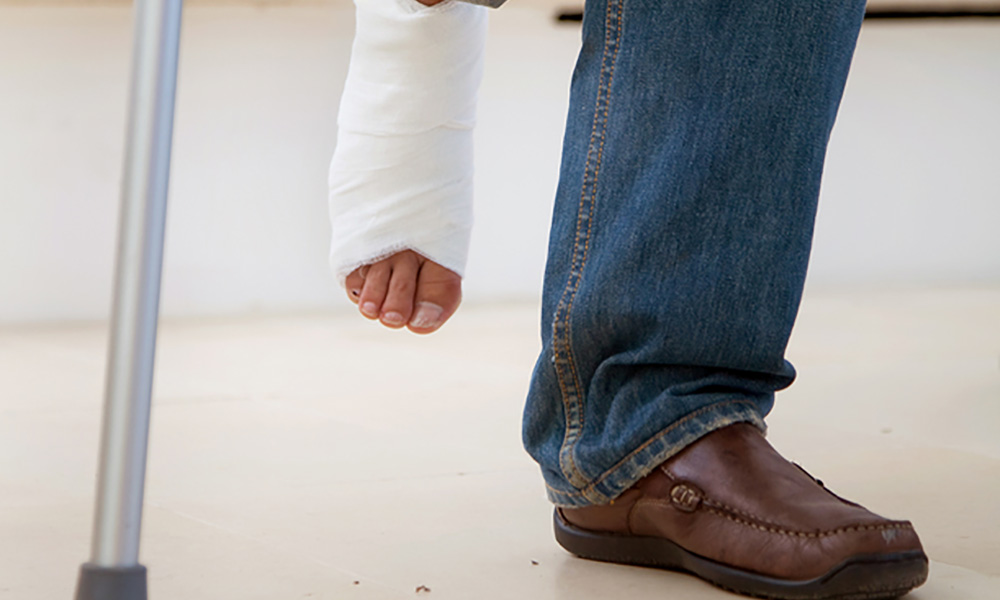When involved in a personal injury case, especially a major one, it can be challenging to determine when to accept a settlement from the other party and when to go ahead with a lawsuit (and note that California law mandates a two-year statute of limitations for filing personal injury claims and cases). Each has pros and cons that can make it even more difficult to decide. Here are some of the factors to keep in mind when weighing this decision.
What Are the Pros and Cons of Negotiating a Settlement in a Personal Injury Case?
Most personal injury cases in California end in a settlement, with less than 5% moving into the courtroom to let a jury decide. There are many reasons for that.

Pros of Negotiating a Settlement
- Potentially lower legal fees. Because preparing for trial can be an exhaustive process requiring significant time from legal teams, it can cost more than a case that’s settled.
- Privacy. Most settlements remain private, while court cases are on the public record.
- Predictability. The back-and-forth of a negotiation process can give some sense of what the outcome will be. Putting the case in front of 12 jurors who aren’t known to the injured person can lead to some surprising results–and not always in a positive way.
- Reduced stress. Courtroom cases can be highly stressful and demanding for the injured person, requiring considerable time and attention (not to mention time spent in the courtroom). What’s more, depending on the circumstances, they can last a very long time, increasing stress. Finalizing a settlement can bring a sense of closure that allows the injured person to move on with their life and put this behind them.
Cons of Negotiating a Settlement
- Low settlement offers. The party offering a settlement may refuse to budge from a much too-low offer. They may be bluffing in hopes that the injured person will take it rather than go to court. That leaves the injured person and their legal team in the position of deciding what the risk is going forward.
- Lack of accountability. By settling, the injured person usually keeps the case private, which means that the person or organization responsible for the injury doesn’t become publicly known. It can also prevent a precedent from being set that could benefit injured people in the future if the case is taken to court and the person or organization is found guilty.
What Are the Pros and Cons of Going to Court in a Personal Injury Case?
Going to court is not a step to be taken lightly. But there are times when it’s worth the cost and effort.

Pros of Going to Court
- Potentially higher payouts. If the case goes to court and is successful, there’s the possibility that the payout would be much more substantial than would have been negotiated through a settlement.
- Legal precedents. In cases where new legal ground is being broken, taking the case to court can cause precedents to be set that could affect cases in the future.
- Hold the responsible party liable. Because of the public nature of a trial, the person or organization responsible for the injury could become known to the general public, which is why they often prefer a settlement.
Cons of Going to Court
- Lower or no payouts. While there’s a possibility of higher payouts in court cases, there’s also the genuine possibility that a jury will decide against the injured party, and they’ll leave the court with little or no financial reward.
- Time involved. Trials are usually longer processes than settlement negotiations, which could mean more out-of-pocket money for legal fees. They can also cause considerably more stress because of the time and public nature of the process compared to the quicker, more private negotiations.
- Comparative negligence. In California, personal injury cases are viewed through the lens of pure comparative negligence. That means that even if the injured person is 99% responsible for the injury, they can receive 1% of the damages awarded to them. While that sounds positive, keep in mind that the opposition will work to push as much blame on the injured person as possible to reduce payouts in a court case.
What Should I Do if I Have a Personal Injury Case?
Call Tomassian, Pimentel & Shapazian as soon as possible at 559-277-7300 to set up a consultation. Our team of experienced, knowledgeable personal injury attorneys can help you sort through the pros and cons of working toward a settlement or going through with a lawsuit and what the possible outcomes of each scenario might be. Personal injury cases can be highly complex with many factors at play, some of which may not be obvious to a layperson.
One thing not to do, regardless of whether you’re looking for a settlement or want to pursue a lawsuit, is to communicate with the other party’s insurance representative or lawyer. Because of California’s comparative negligence laws, they will try to push as much fault for the injury onto you as possible to avoid paying damages, or they’ll want to negotiate a much lower settlement than you might be eligible for. Don’t respond to calls, emails, or letters, but forward those to your attorney.






